Don’t demonise vagrants; they’re victims of the system – Advocates to media
With the increasing reports on congestions in Ghana’s prisons, crime prevention organization Crime Check Foundation (CCF) has partnered with the Open Society Initiative for West Africa (OSIWA) to advocate the annulment of vagrancy laws.
The project dubbed Decriminalizing Vagrancy Laws Advocacy Project seeks to decriminalize poverty.
A vagrant is a person without a settled home or regular work who wanders from place to place and lives by begging or hawking on the streets.
Oftentimes, district assemblies pass bylaws like fines which these vagrants are unable to pay and eventually end up in prison.
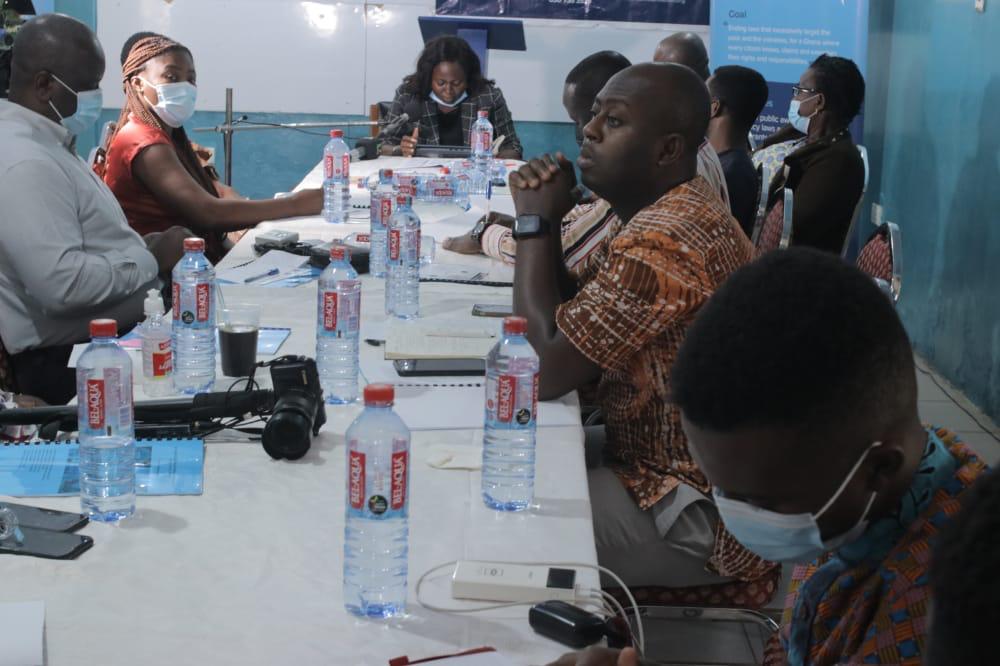
The group has identified the role the media plays in vilifying vagrants as deviants instead of questioning the district assemblies who have shirk their responsibilities of providing basic social amenities.
“Instead of reporting the offense, let’s go beyond and talk about why the person did what they did,” said broadcaster Abdul Hayi Moomen on Thursday, August, 26.
“For instance, the traders that were moved from Agbogbloshie, the media vilified the vagrants but have we asked ourselves if those people would have left their home regions to Accra if the system had provided them with opportunities, so instead of attacking the vagrants, lets deal with the root cause which is a failed system,” Moomen urged.
He also bemoaned the loss of focus and the agenda-setting role of the media to politicians and fame-thirsting individuals
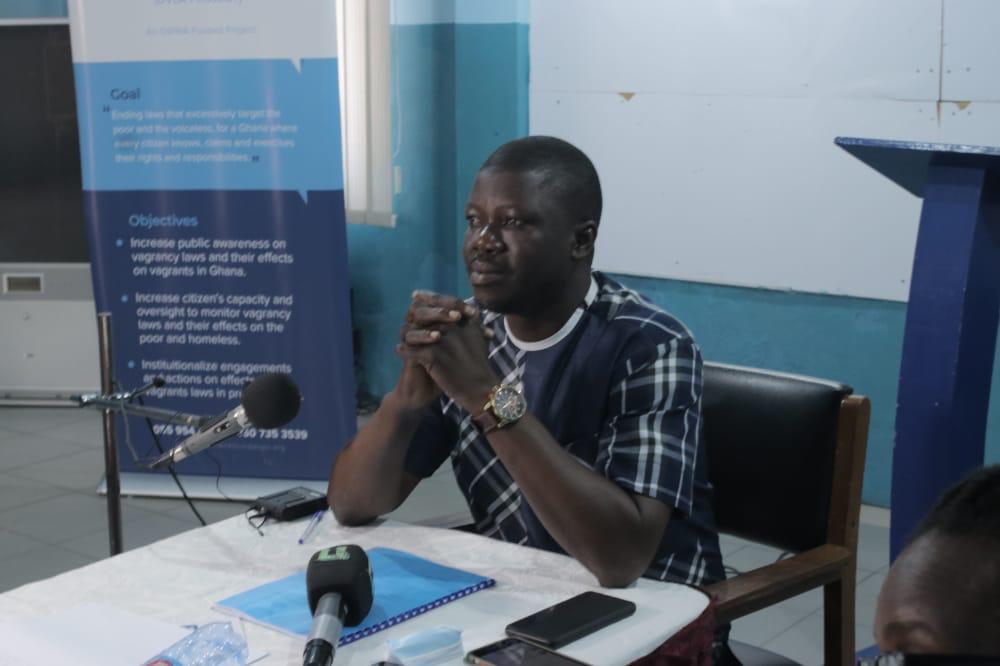
“We have given the power to the audience and shifted attention to pleasing politicians instead of focusing on the real issues and complimenting each other we compete needlessly; the media is losing focus” he added.
Stressing the focus of the advocacy for the annulment of vagrancy laws
Private legal practitioner, Doris Bangfu said “the purpose is not to encourage deviant behavior but rather to hold institutions accountable. Such that once you provide social amenities then you are justified to punish people when they offend the law”
According to her, the push for alternative forms of punishment as opposed to imprisonment was underway.
“We do not have a non-custodial sentencing regime, for now, there is nothing of that sort so it is another imprisonment or fine and we are noticed that most of the victims of these offenses are the poor and homeless, invariably, they are unable to pay the fines ending up serving prison sentences and we already know the situations in the prisons,” she said at a one-day training program for journalist in Accra on August,26,2021
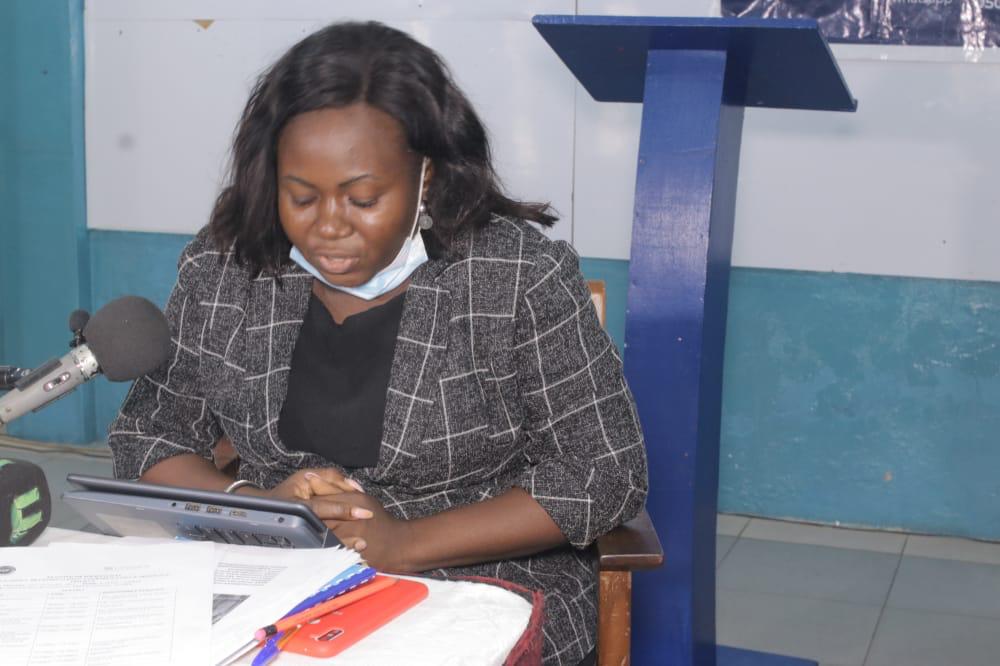
Laws against vagrants
Currently, about 22 African countries are said to have laws that penalize a vagrant and equip the police with powers to enforce ‘vagrancy laws.
Ghana is among these countries where due to poverty and ignorance, many poor and voiceless citizens constitute the greater proportion of victims of vagrancy laws.
Some of these laws relate to loitering, ‘head potting’, selling on the street, and other bye-laws enforced by the Metropolitan, Municipal, and District Assemblies in Ghana.
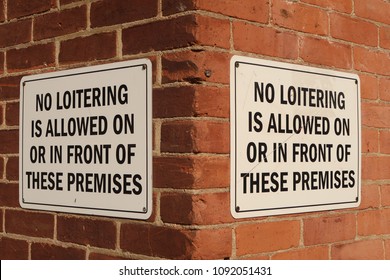
Under these laws, vagrants are arrested, harassed, fined, or imprisoned. This situation contributes to a high remand population, human rights violations, and increased poverty. On 4th December 2020, the African Court on Human and People’s Rights came to the rescue with a ruling against vagrancy laws.
Ruling against Vagrancy Laws
On 4th December 2020, the African Court on Human and Peoples’ Rights delivered a landmark Advisory Opinion against ‘vagrancy laws’ (laws that appear to criminalize activities/actions of the homeless, and other poor and voiceless citizens as opposed to specific criminal acts).
The court held that ‘vagrancy laws’ are incompatible with African human rights instruments such as the African Charter on Human and People’s Rights, the African Charter on the Rights and Welfare of the Child (Children Rights Charter), and the Protocol to the African Charter on Human and Peoples’ Rights on the Rights of Women (Women’s Rights Protocol).
The CCF-OSIWA Decriminalizing Vagrancy Laws & Advocacy project gives effect to the ruling on vagrancy laws by the African Court on Human and Peoples’ Rights on the vagrancy laws.
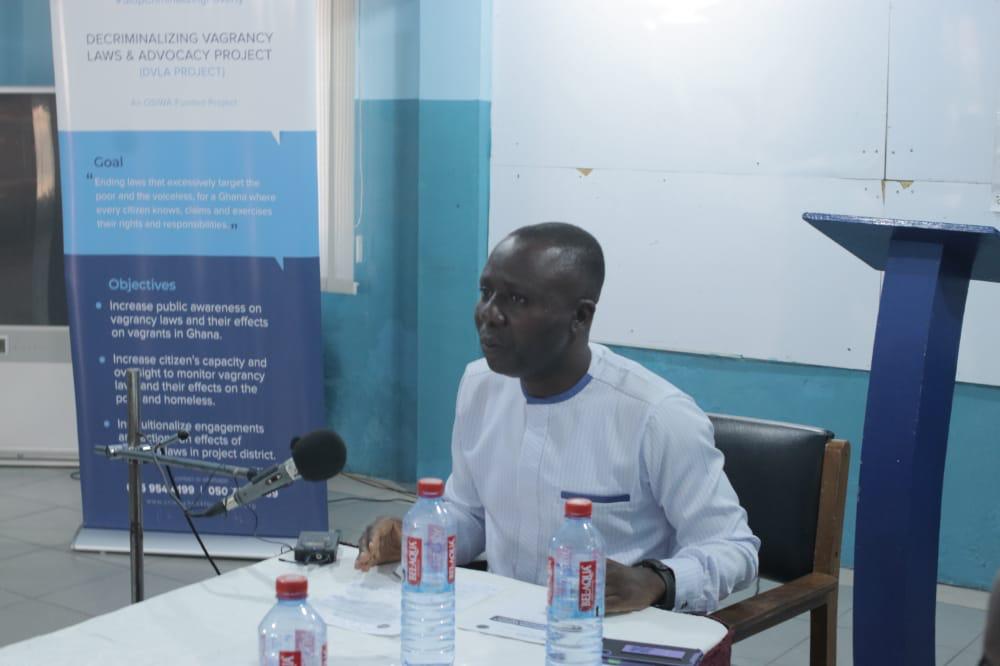
Project Duration
The one-year project from May 2021 to May 2022 will be rolled out in 12 metropolitan assemblies in three regions; Greater Accra, Ashanti, and Central.
“We have begun with the mapping, and we are engaging with the various district assemblies in the selected regions and the leadership of vagrants,” the Executive Director of Crime Check Foundation, Ibrahim Oppong Kwarteng told theghanareport.com.
The project will sensitize 1200 vagrants about their rights and responsibilities to prevent any misunderstandings with the assemblies.
“In order not to seem as we are inciting vagrants against the district assemblies and the central government, we will also educate them about their duties as patriotic citizens,” he added.
Monitoring and Evaluation
To monitor the progress and effectiveness of the project, a contact center will be created after the sensitization to address the concerns of vagrants at the partnering organization, Crime Check Foundation.
According to Mr. Kwarteng, the police will also be engaged to monitor the progress of the project.
Citizens’ Complaints: To report harassment and potential imprisonment under a local assembly bye-law, don’t hesitate to get in touch with Whatsapp number: 0559544199 / 0507353539



